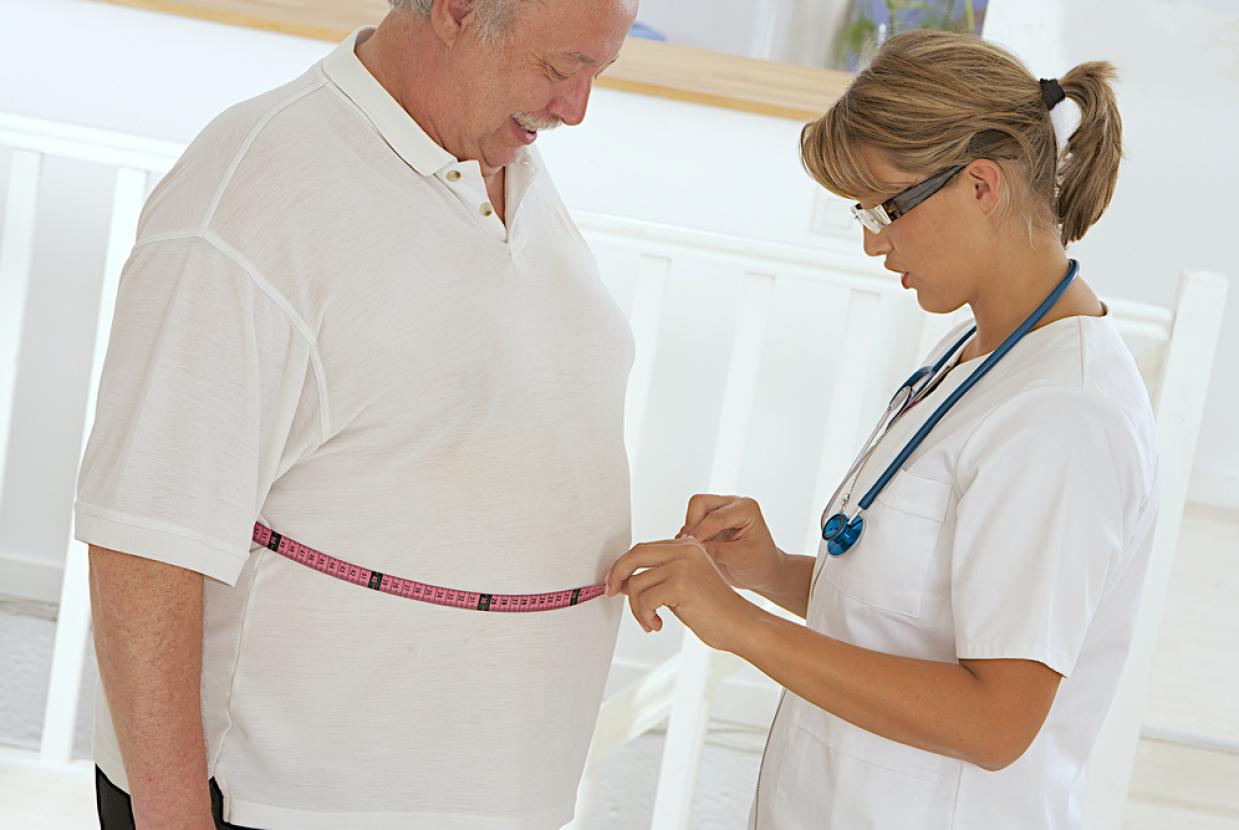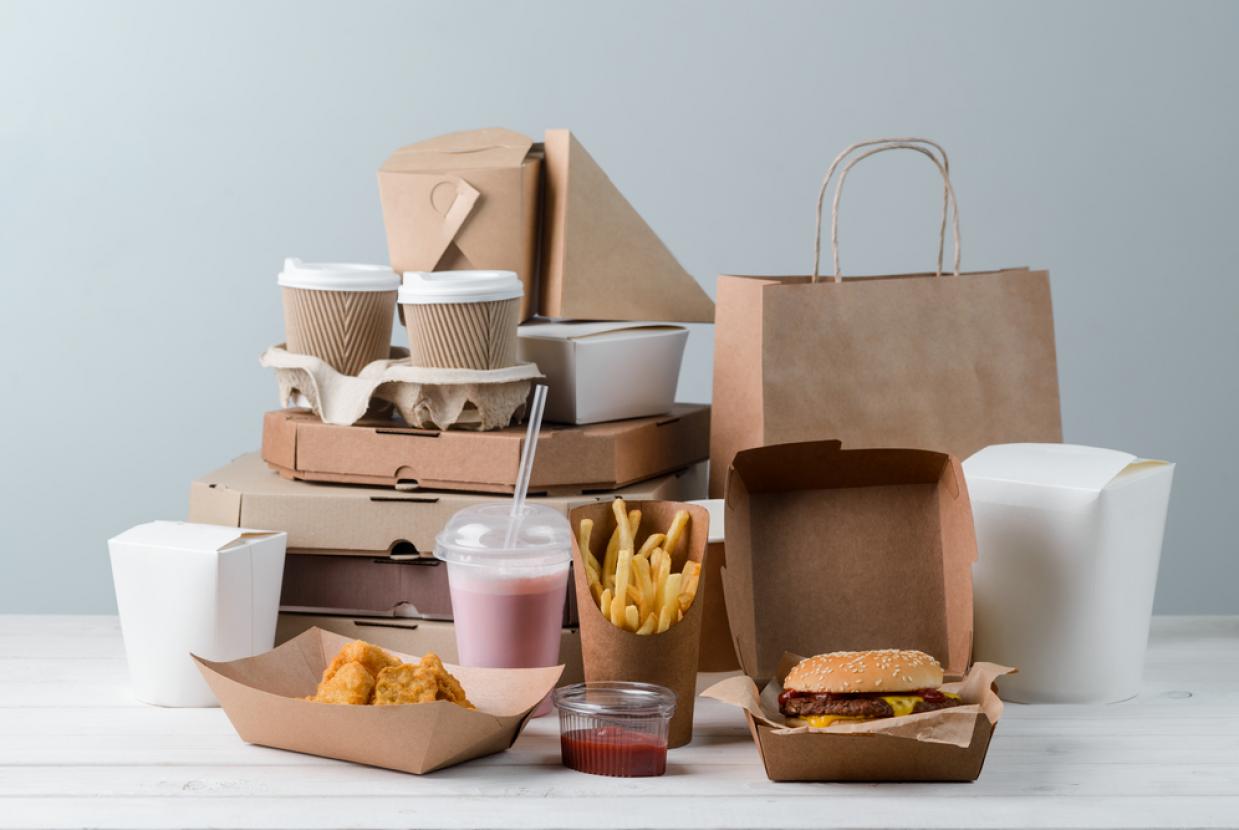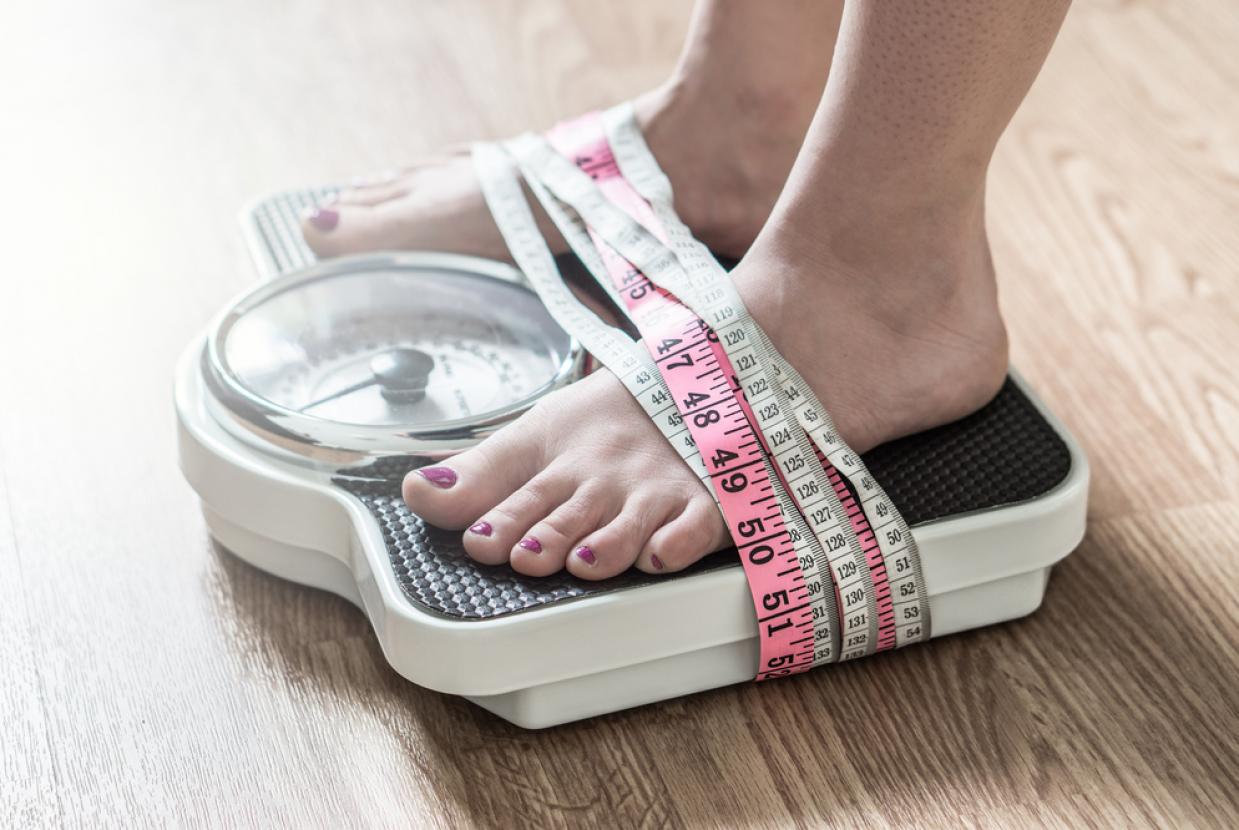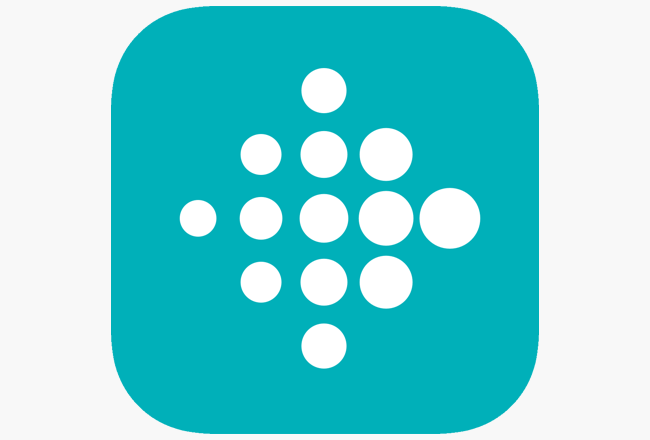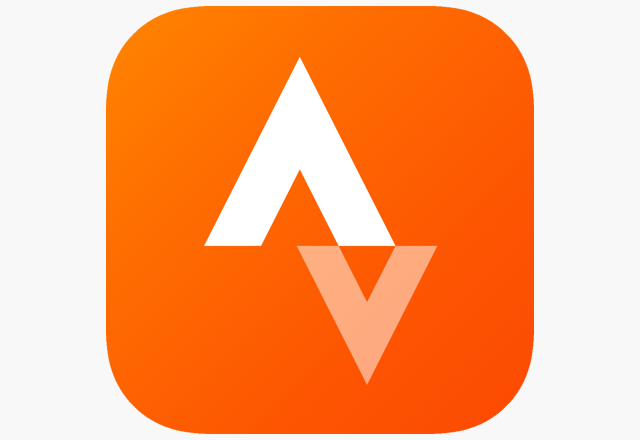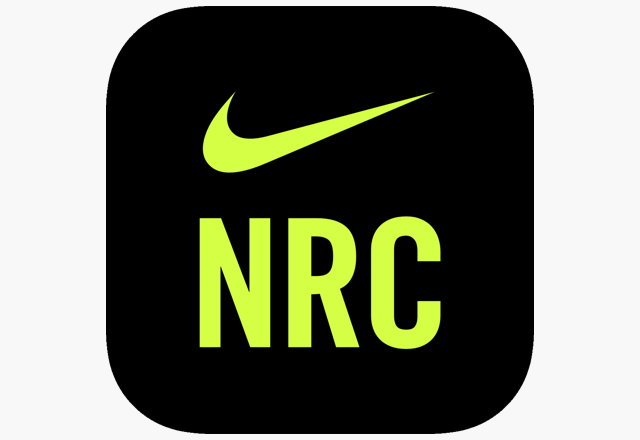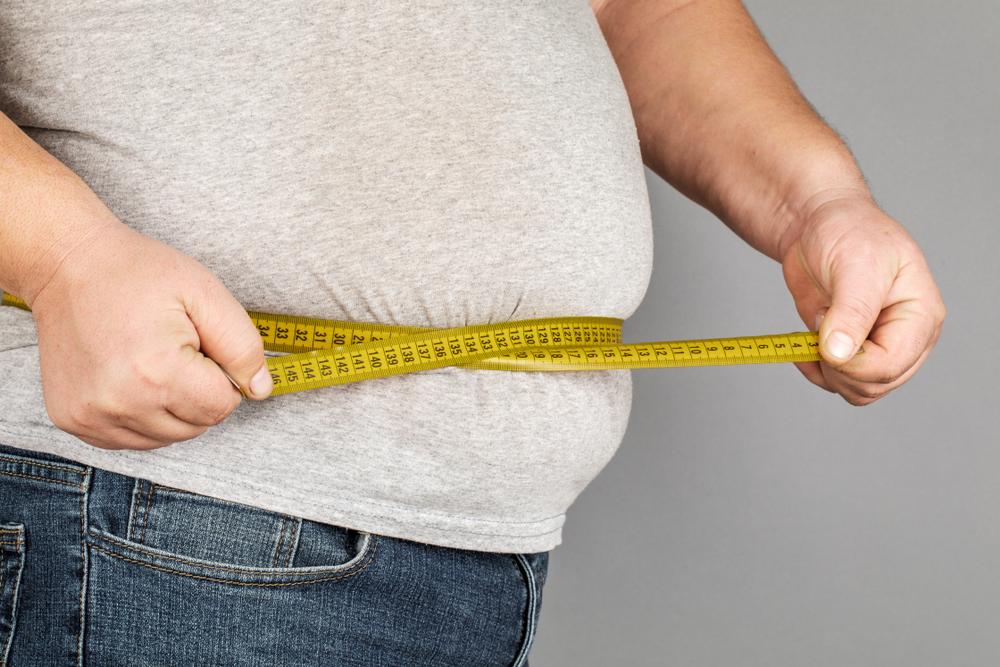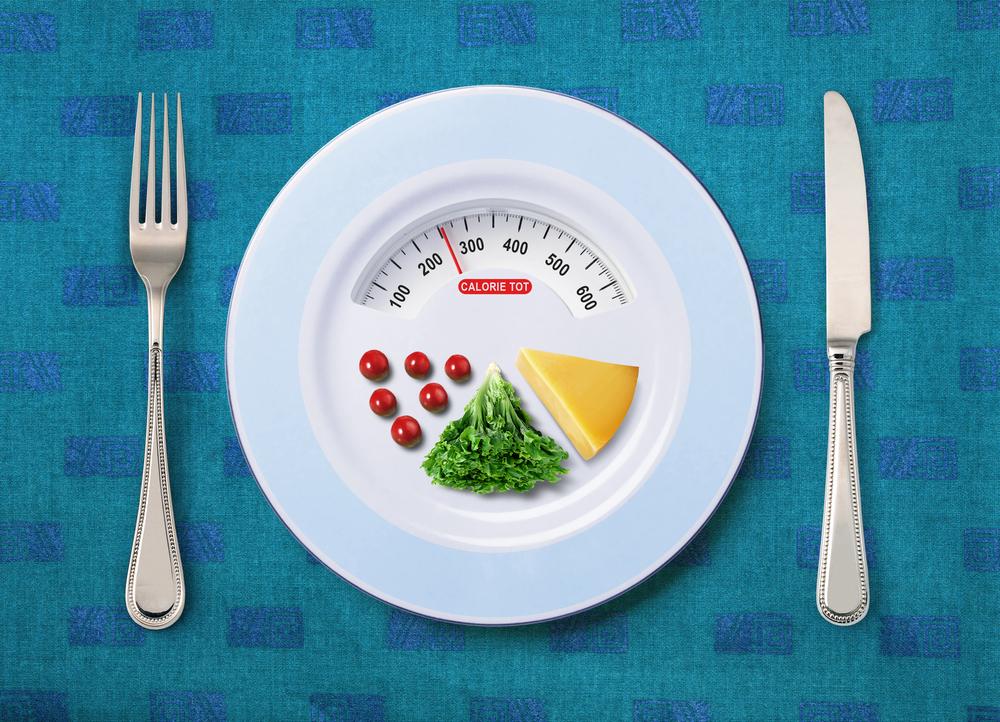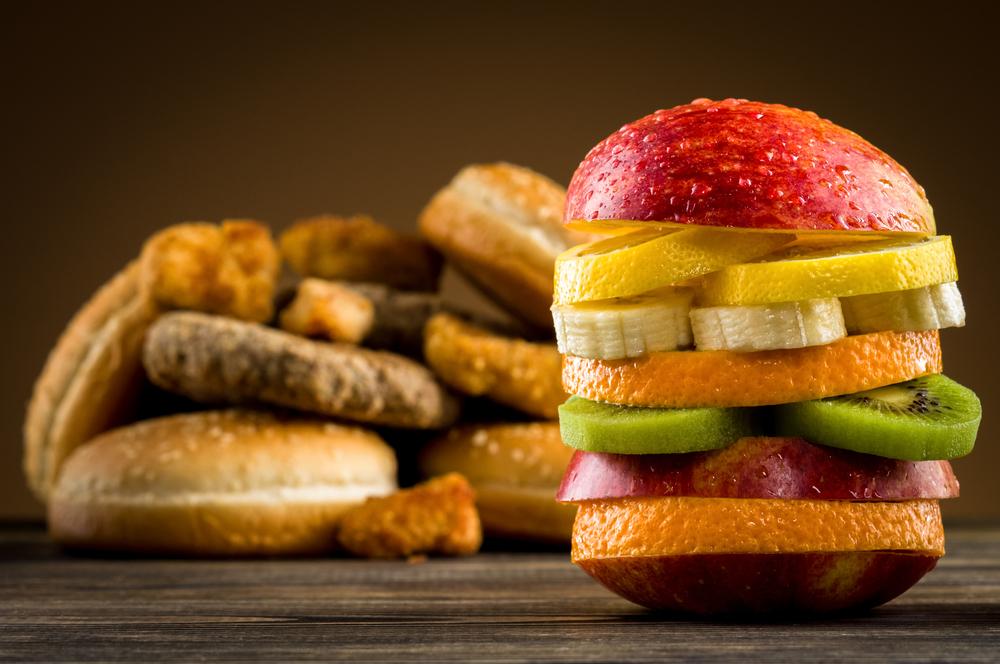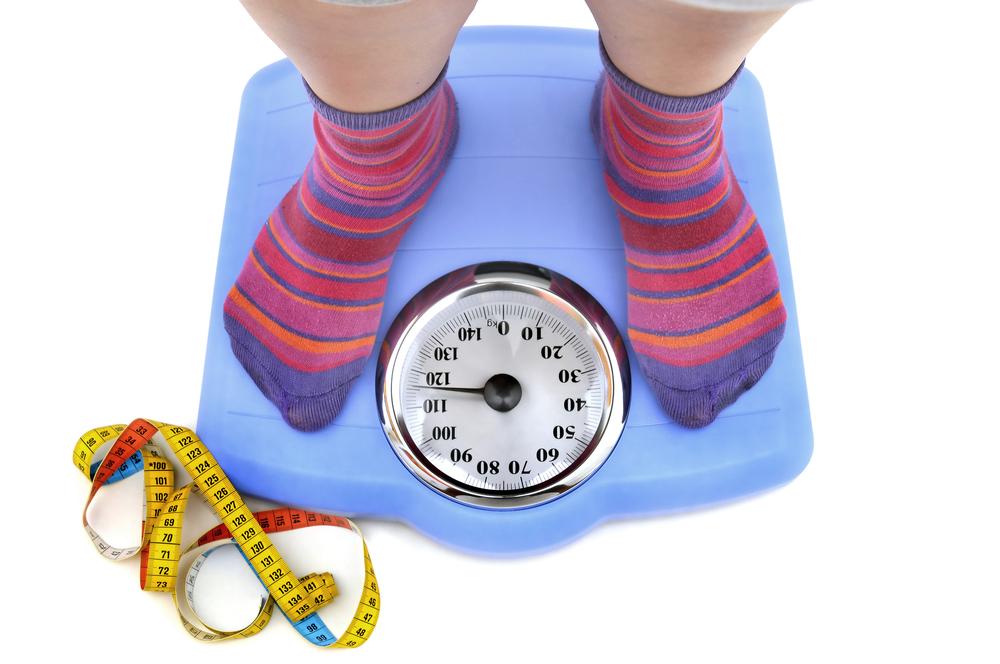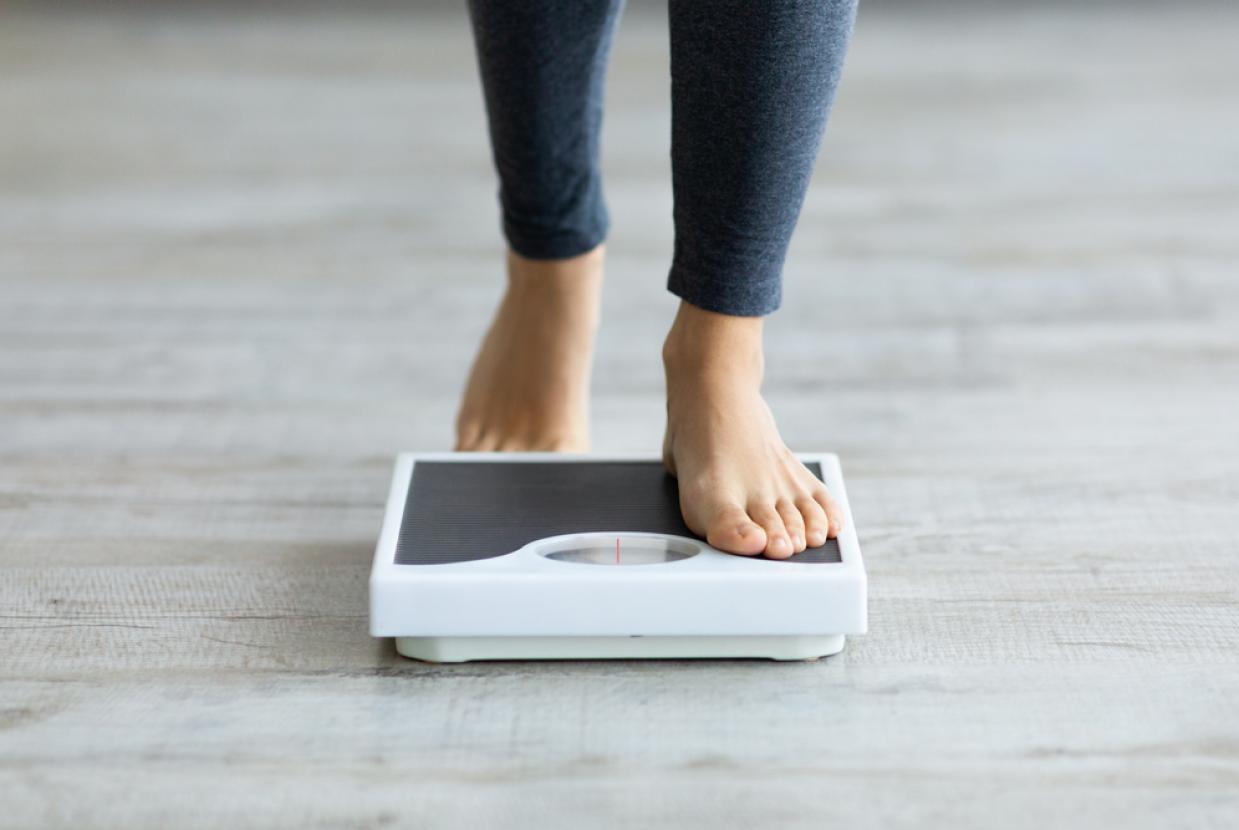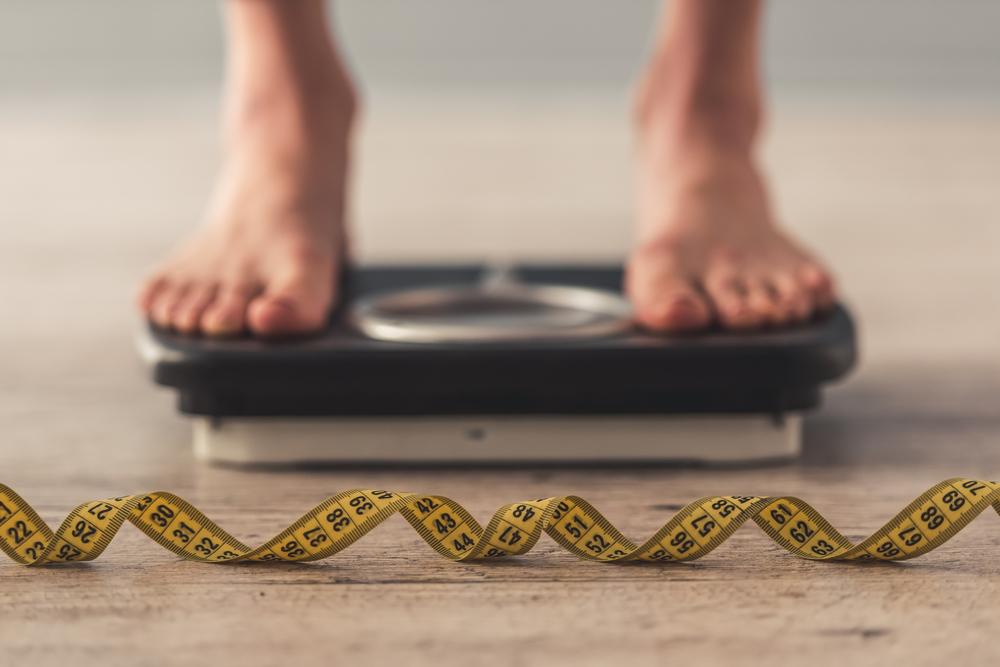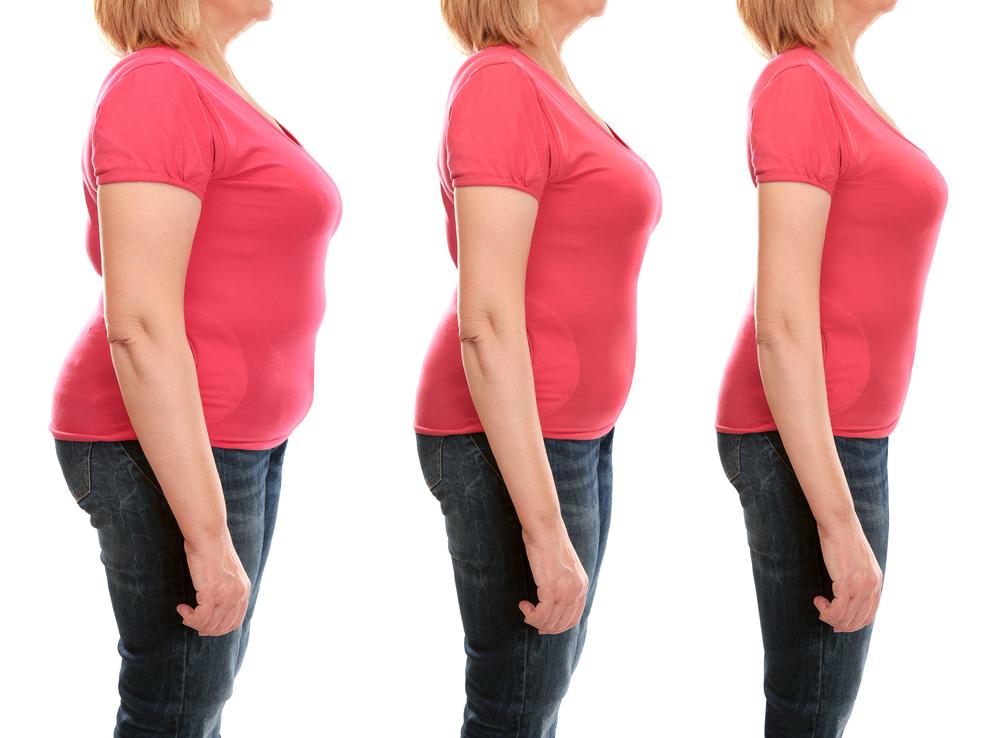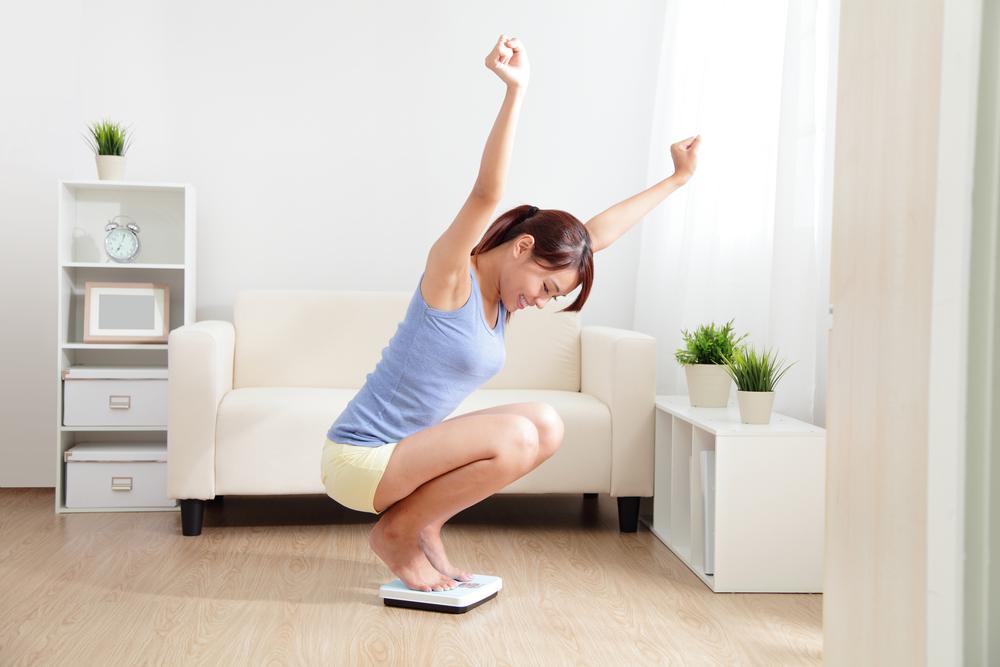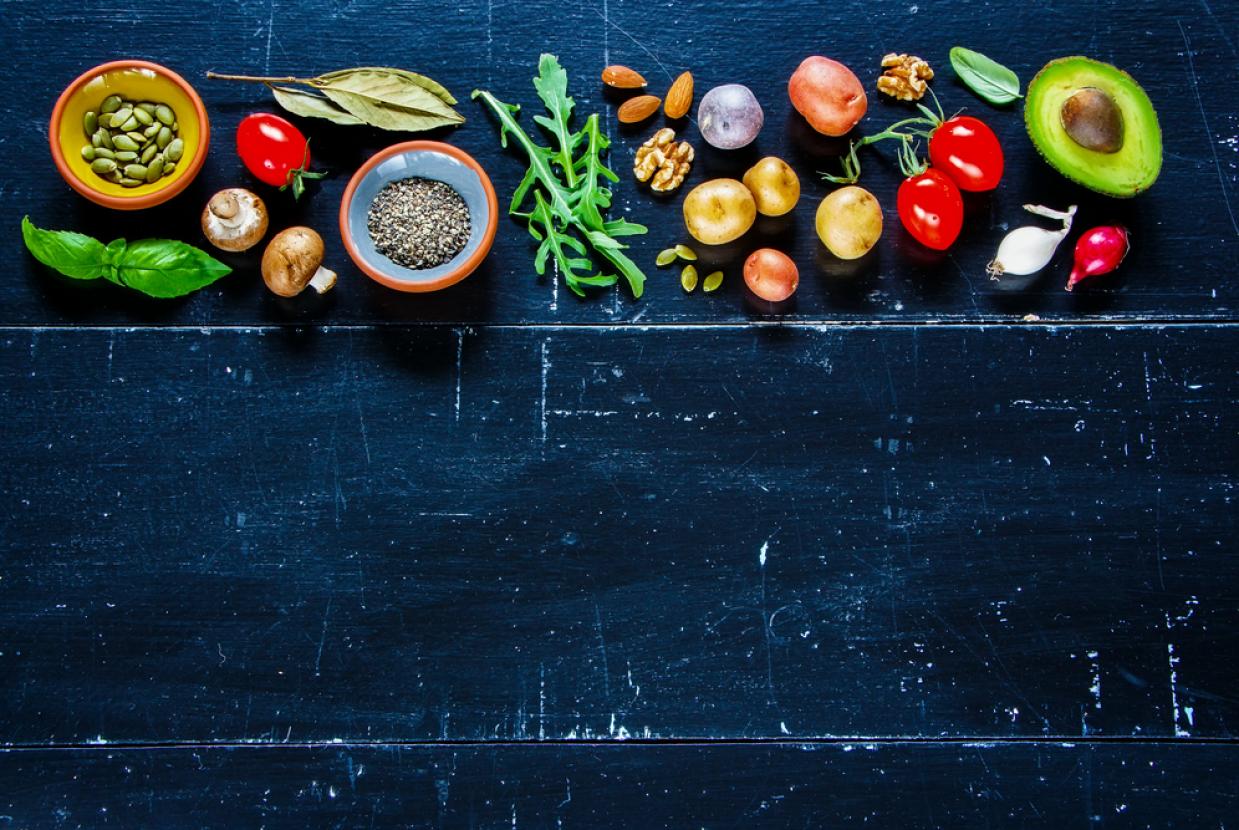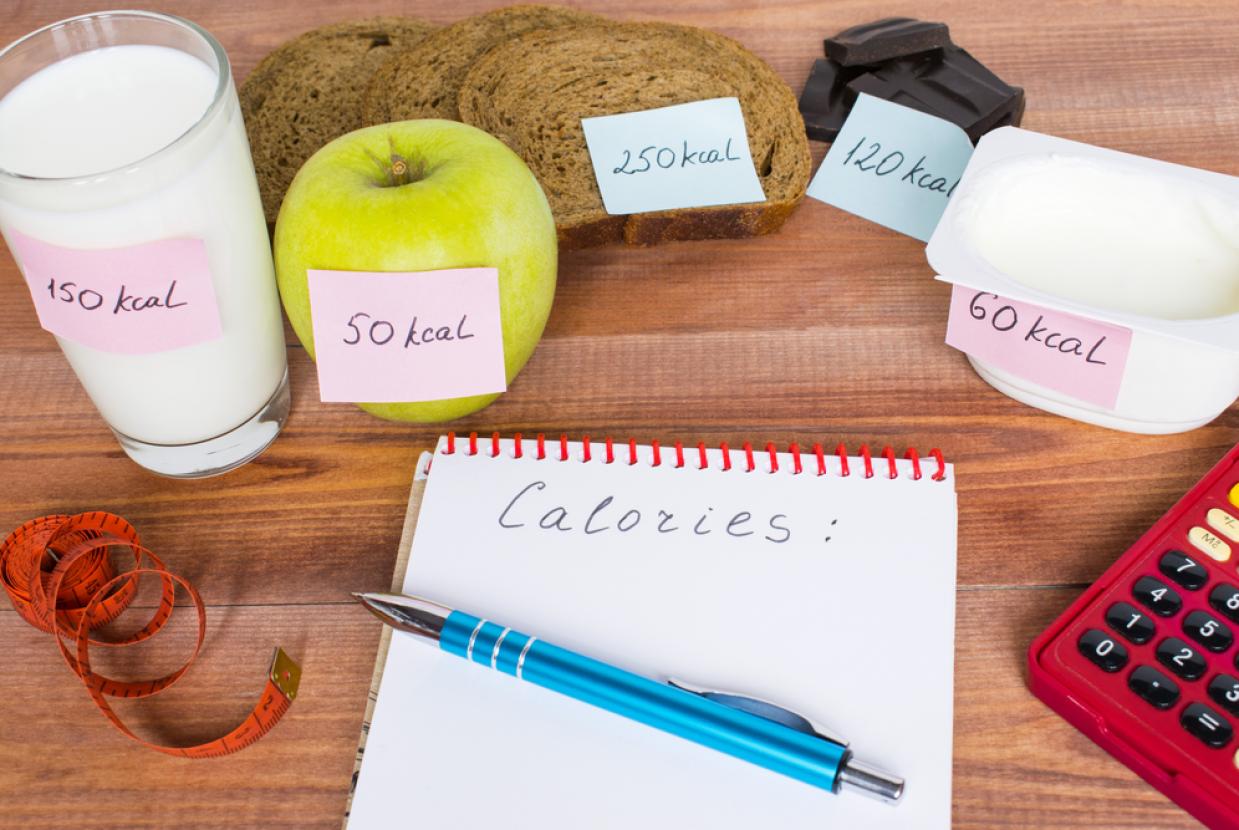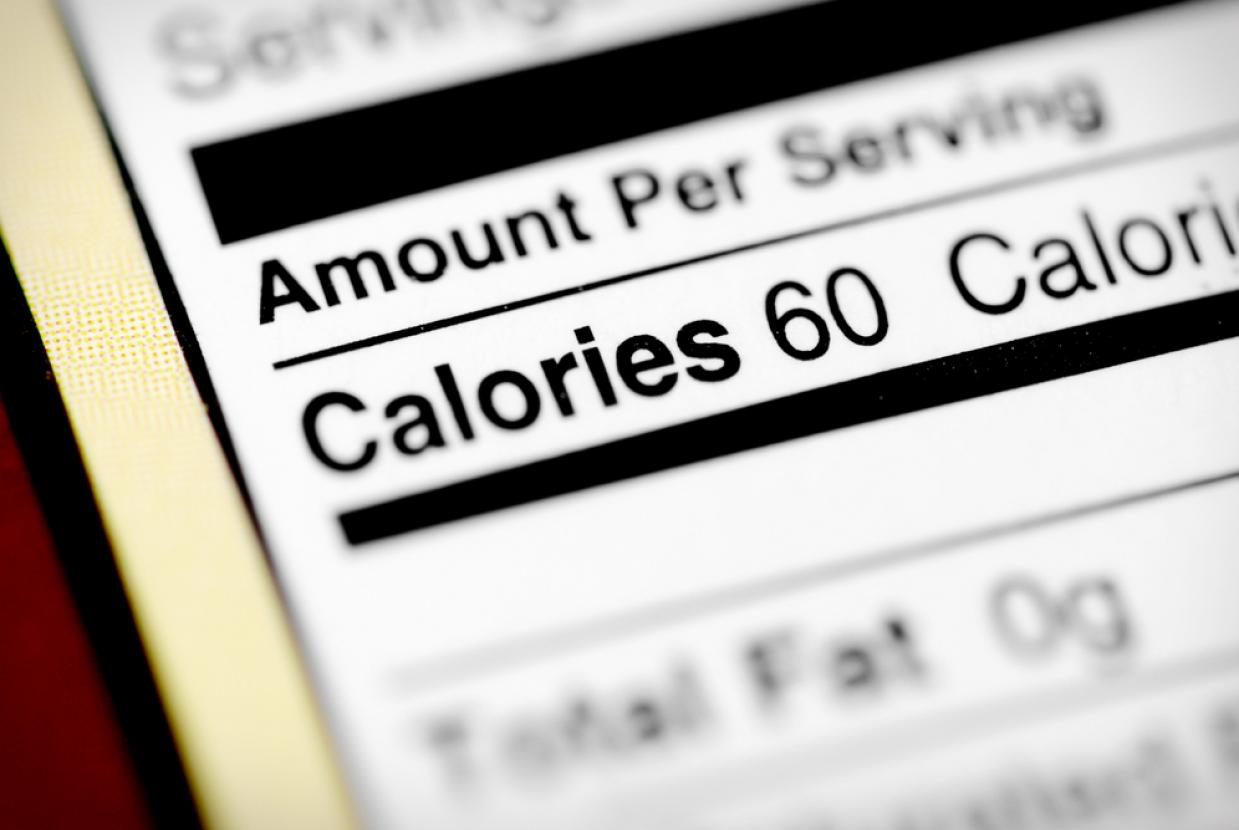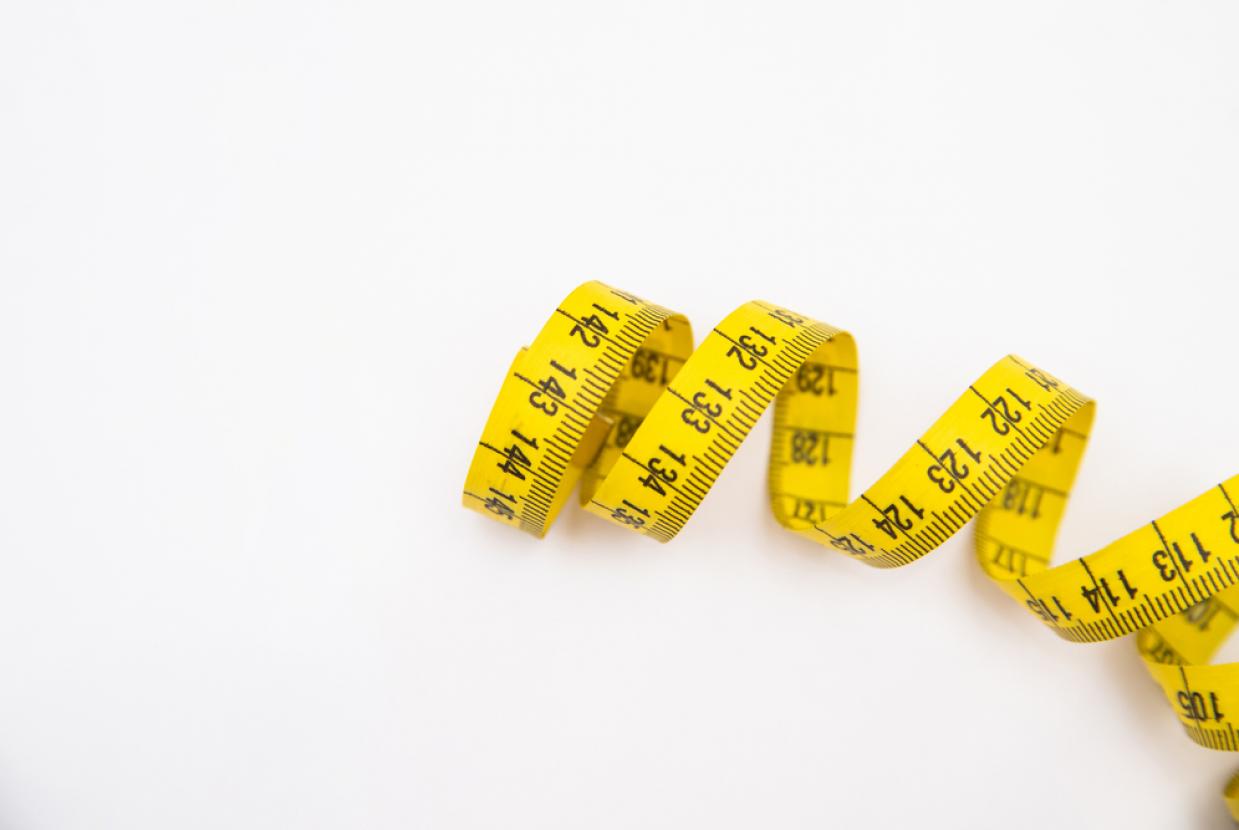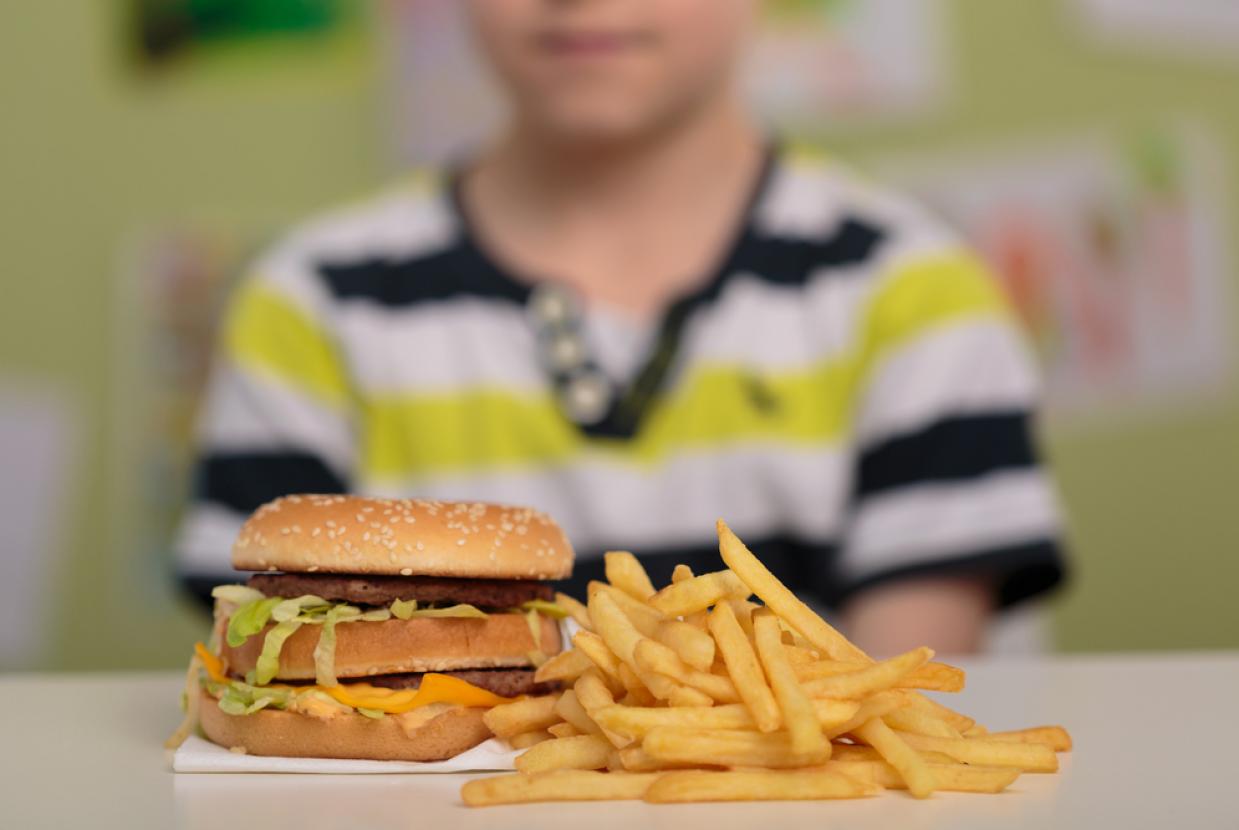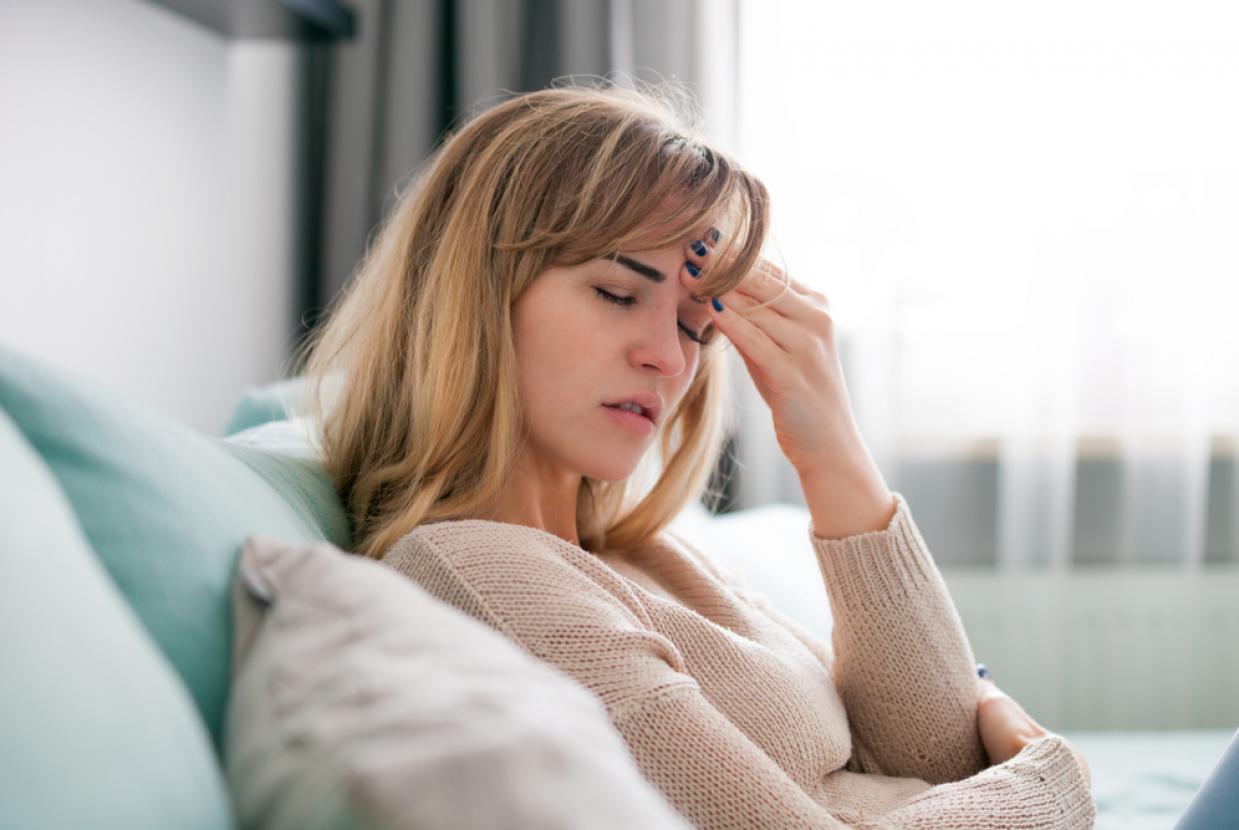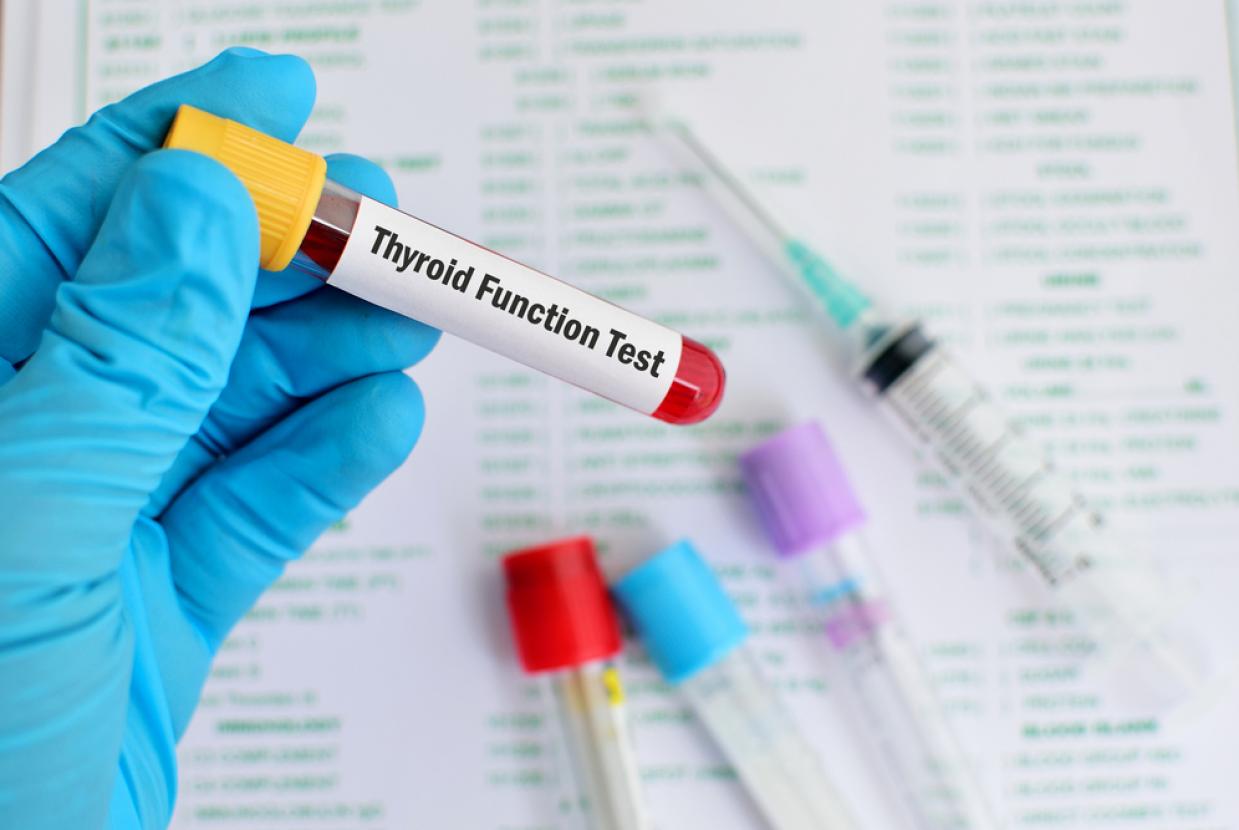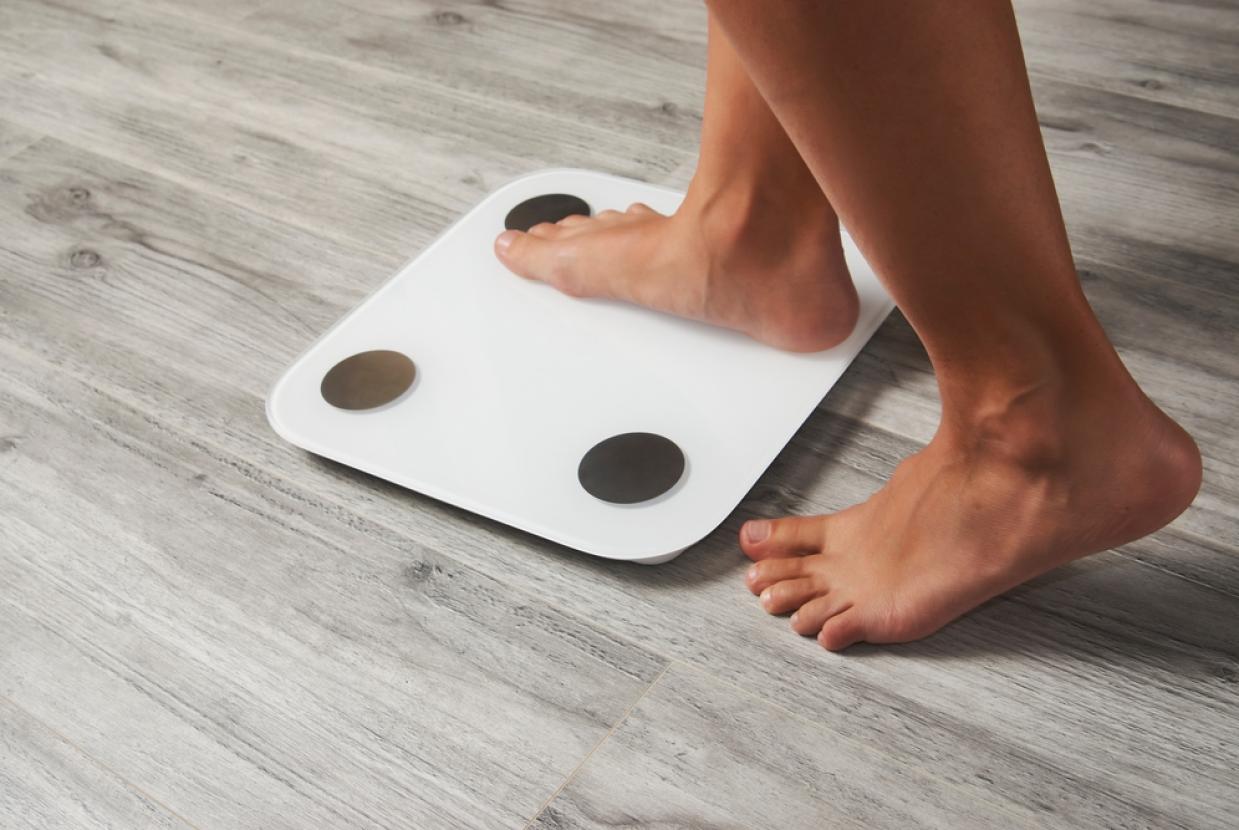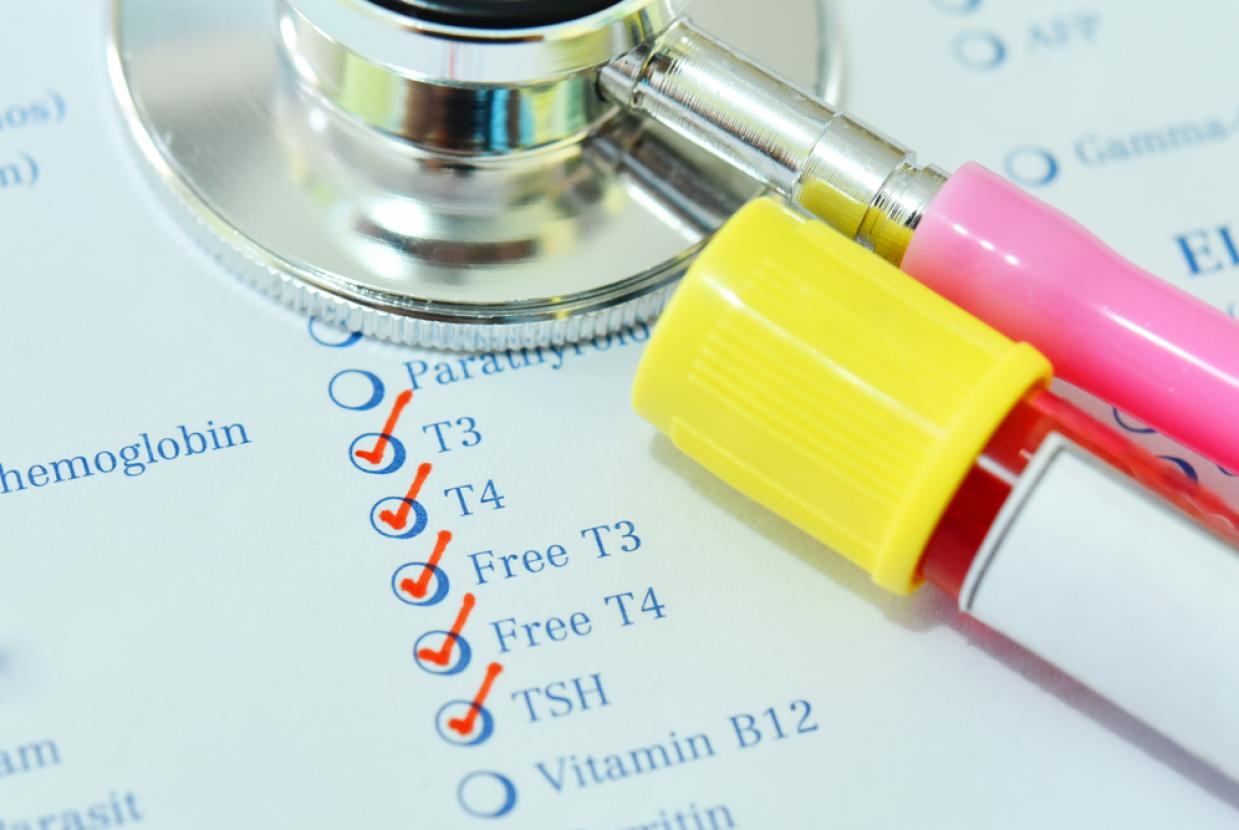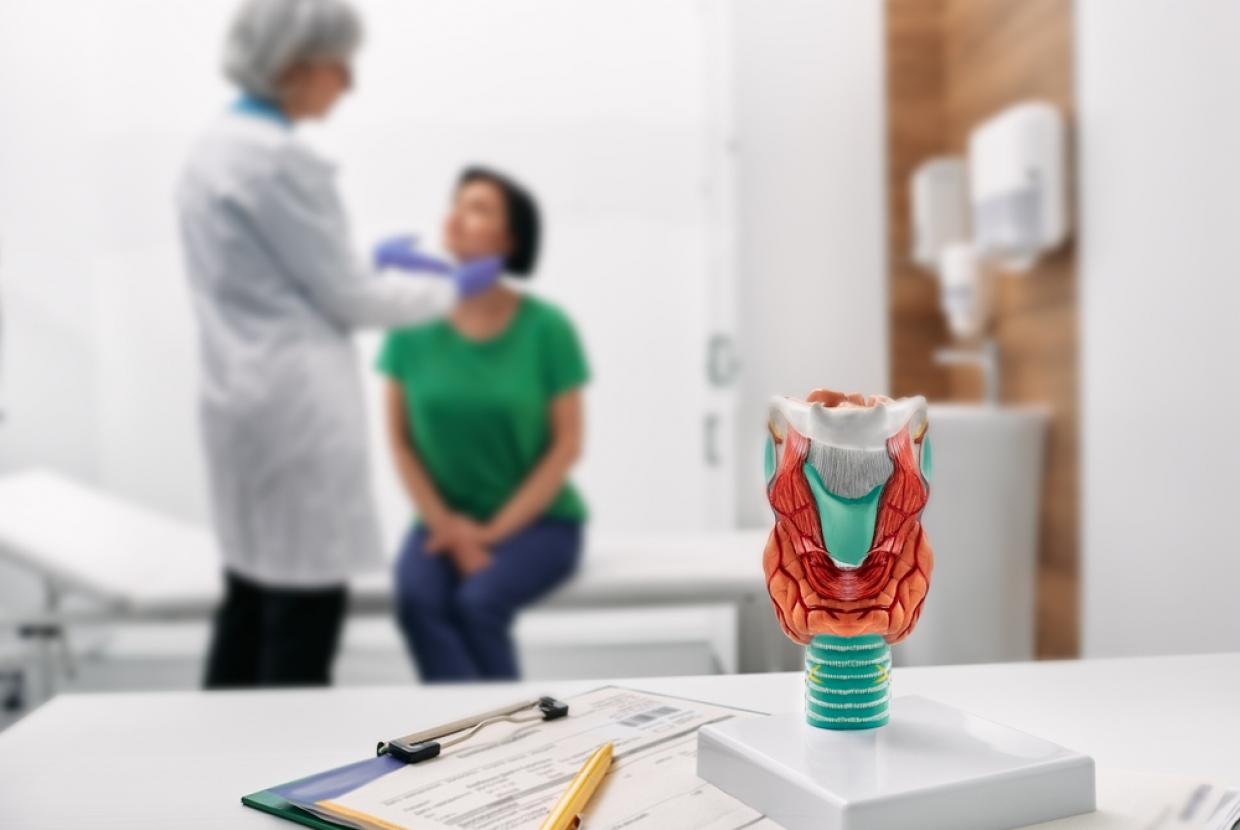How Your GP Can Help
If you've tried and failed to lose weight, a visit to your GP surgery could help. Your GP or practice nurse can:
- assess your general health
- help identify the cause of your weight gain
- work out if there are any health issues causing you to put on weight
- discuss a plan to help you lose weight that suits you
Assessing your weight
First, your GP or practice nurse will want to assess whether your current weight is healthy or not. This means measuring your weight and height to calculate your body mass index (BMI).
You may also have your waist measured. Measuring your waist is a good way to check you're not carrying too much fat around your stomach, which can raise your risk of heart disease, type 2 diabetes and stroke.
You can have a healthy BMI and still have excess tummy fat – meaning you're still at risk of developing these diseases. Your GP may take your blood pressure and carry out other tests, such as a blood test, to check for any health conditions that may be related to your weight. You can also check your BMI by using the BMI calculator.
Diet and exercise
If you're overweight, changes to your diet and physical activity levels are the first step to helping you lose weight. Your GP or practice nurse can help you assess your current diet and levels of physical activity, and set personal goals for change.
Your diet
You may be asked to keep a food diary – a written record of everything you eat – for 1 week. This can help you and your GP identify habits, such as adding sugar to your tea, that you can change.
Exercise
Your physical activity levels can be measured with an activity diary. Your GP may also suggest that you wear a pedometer for a week. A pedometer measures the number of steps you take and gives an indication of your daily activity levels.
Set personal goals
Once your GP or practice nurse has a clearer picture of your diet and level of physical activity, they can help you identify simple lifestyle changes.
Together, you will work out a game plan to lose weight healthily and for the long term. It'll be a plan tailored to your lifestyle and your preferences. Your GP surgery should offer you regular follow-up appointments, usually every 2 weeks to a month, to monitor your progress.
More weight loss resources:
Other weight loss services
Your GP surgery may refer you to other services, such as local weight loss groups. These could be provided by the NHS, or may be commercial services that you pay for.
If it's appropriate, you may be referred for exercise classes under the supervision of a qualified trainer. Depending on where you live, the exercise programme may be free or offered at a reduced cost.
Weight loss medicines
If you've made changes to your diet and levels of physical activity but you're not losing a significant amount of weight, your GP may recommend medicines that can help. Medicines are only used if your BMI is at least 30, or 28 if you have other risk factors such as high blood pressure or type 2 diabetes.
Weight loss surgery
If lifestyle changes and medicines don't work, your GP may talk to you about weight loss surgery. Weight loss surgery is usually only recommended for people with a BMI of at least 40, or 35 if you have a weight-related health condition, such as type 2 diabetes or high blood pressure. Weight loss surgery can be effective but it's a major procedure that comes with health risks of its own.


